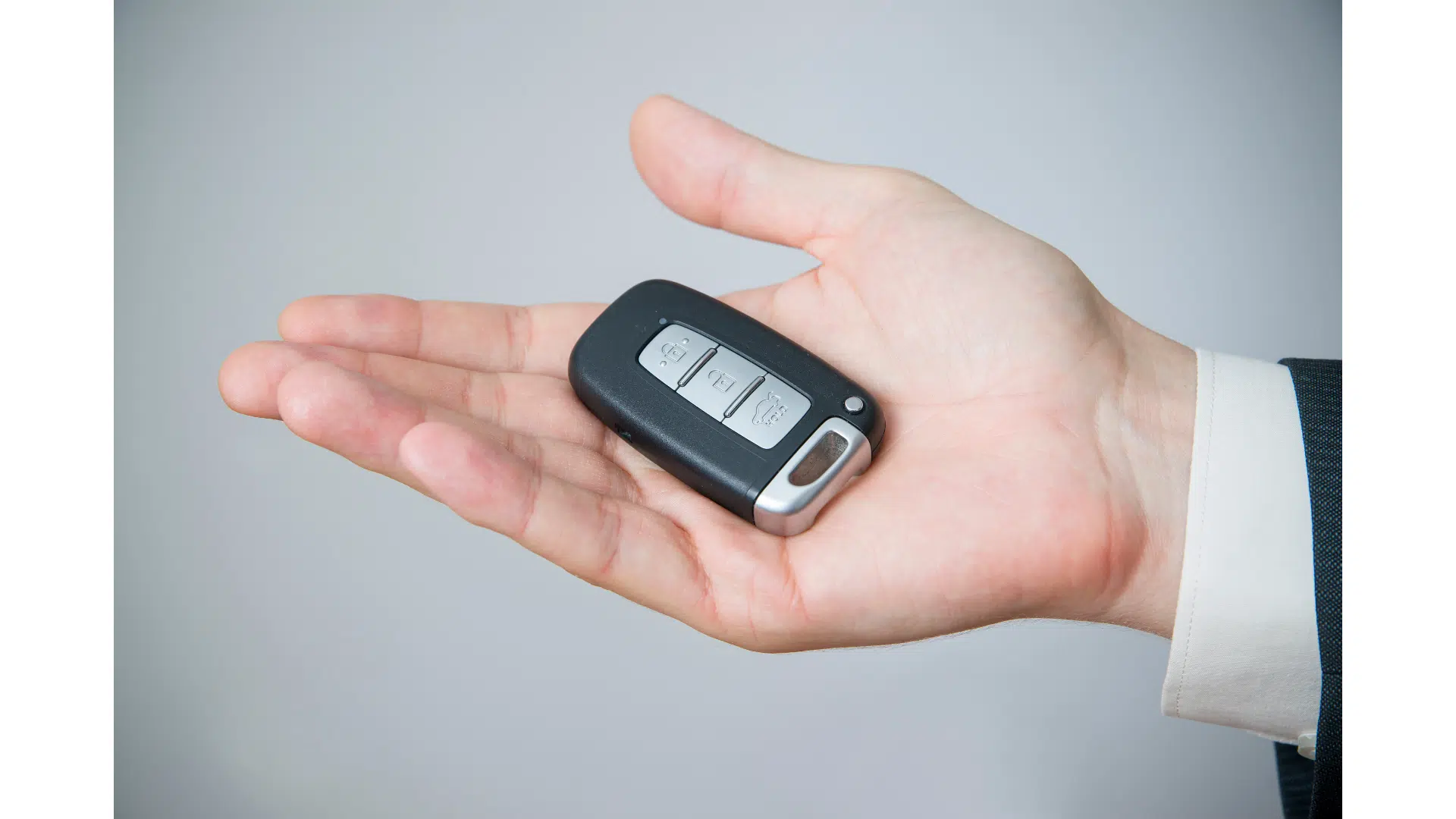
Here are some the best things you can do to protect yourself when purchasing a used car.
- Before you purchase the car, run the VIN through the National Motor Vehicle Title Information System (NMVTIS). Its really effective for cars built after January 1, 2010 since that’s when all state DMVs were required to report to it. This database, which is a pay per use, keeps track of all vehicles’ title histories. If a car was declared a salvage at any time, this database should reflect that. Unfortunately, titles can be washed when they are sold over state lines, legally. That does not stop the car from having had a salvage title at one time. Get the VIN and run it through this database before you agree to purchase it. Just note that this database is only accessible through resellers. Google it and you will find several.
- Try not to buy your car through an online dealer. Online car sales through online dealers such as Carvana, make up 30% of all used car sales these day. The problem is that some of these online dealers are so backed up with sales, that some of them, especially Carvana, have failed to deliver car titles. This keeps a consumer from registering the car.
- If you shop for the car online, as most people do, take a screen clipping of the ads related to the car. These ads can contain written warranties such as “air conditioning”, 1 owner, and others. If the car turns out to be crap, you will want to present these ads to the court as proof that your were duped.
- While at the dealership, get any warranties and representations in writing. Again, the more you can get reduced the writing the better of you will be.
- Be sure to get the Buyer’s Guide, which is that sticker that is attached to the car window that says either “full warranty”, “limited warranty” or “no warranty.” If you are buying a car that has a buyer’s guide that says “No warranty” be very careful. Ask the dealer for some kind of warranty so that when you drive the car off the lot, it does not break down on the way home.
- Do NOT rely on the Carfax or the AutoCheck. Car dealers use these as tools sometimes, to trick consumers. When a dealer buys a car, it physically inspects that car from top to bottom. It then compares the car to the Carfax to see if any damage that the dealer found is actually present on the Carfax. Frequently, Carfax is way behind in reporting prior damage to a car. If the dealer sees that the car has been damaged in a not so obvious way, but the Carfax report is clean, the dealer will be the first to waive the Carfax in the consumer’s face and claim “See??? It’s a clean Carfax.” This is garden variety fraud.
- When your sign the purchase agreement for the car, ask if the deal is contingent on the dealer selling your contract to another lender. Frequently, the car deal is contingent like this. After the consumer has purchased the car, taken it home and showed it to his friends, he may get a call from the dealer instructing the consumer to return it because the dealer could not find a bank to purchase the contract. This is called a “Yo yo transaction.” Humiliated, the consumer will virtually sign anything, including a new contract at a far higher interest rate and for a higher payment, to keep the car. If the deal is not contingent on the dealer finding a bank to buy it, then the car is yours keep so long as you make your payments.
Conclusion
Purchasing a used car today is more treacherous than ever. If you are shopping for a used car, its important that you take some precautions to protect yourself. If you have questions about a used car that your purchased, call us at Credit Repair Lawyers of America for a free, no obligation consultation. You can reach us at (248) 353-2882 or email us at [email protected] Visit us at www.crlam.com
